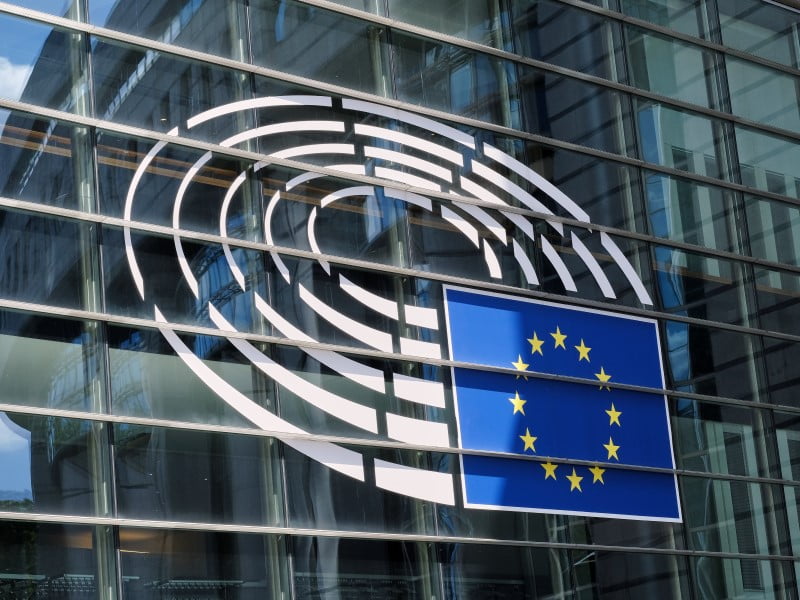The world’s first legislative regime on the use and development of AI has passed its final hurdle in the European Parliament, three months after it received provisional agreement.
The greenlight comes as the Australian government considers introducing exemptions from local regulatory scrutiny if AI technologies already comply with tough regimes in other jurisdictions.
The forthcoming AI Act bans unacceptably high-risk use cases of AI that “threaten citizens’ rights” in the European Union, such as predictive policing and social scoring systems that classify people based on their social behavior or personal characteristics.
Final procedural checks on the drafting of the bill will be undertaken before the European Council formally endorses the law, having unanimously passed it last month, ahead of the parliament’s next set of elections in early June.
The law will be fully applicable 24 months after it enters into force although bans will apply after six months.

In addition to the bans, additional risk mitigation obligations will be placed on high-risk use cases in critical infrastructure, education and vocational training, or essential services like healthcare and banking.
The new obligations, which include requirements to “assess and reduce risks, maintain use logs, be transparent and accurate, and ensure human oversight”, will come into effect 36 months after entry into force according to a European Parliament statement.
The legislation also introduces new governance bodies, transparency requirements for general purpose AI models (12 months after the bill comes into force), and the requirement for industry codes of practice (after nine months).
There is also support for and small to medium-sized enterprises, including through regulatory sandboxes.
On Wednesday, members of the European Parliament overwhelmingly support passage of the bill with 523 voting in favour and 46 against, with 49 abstentions.
In December, provisional agreement on draft legislation was agreed on between the European Council presidency and European Parliament negotiators after an intense three days of negotiation.
Australia’s AI rules are expected to take cues from the European Act by relying on a risk-based framework, although how that risk is define is still being considered by the federal government.
The government is looking to establish mandatory guardrails for those developing or deploying high-risk AI while the work on a voluntary industry standard is led by the CSIRO’s National AI Centre.
While some stakeholders welcomed progress on Australia’s regulatory response to widespread AI adoption, others are dismayed at the slow pace of progress compared to the EU.
Do you know more? Contact James Riley via Email.

